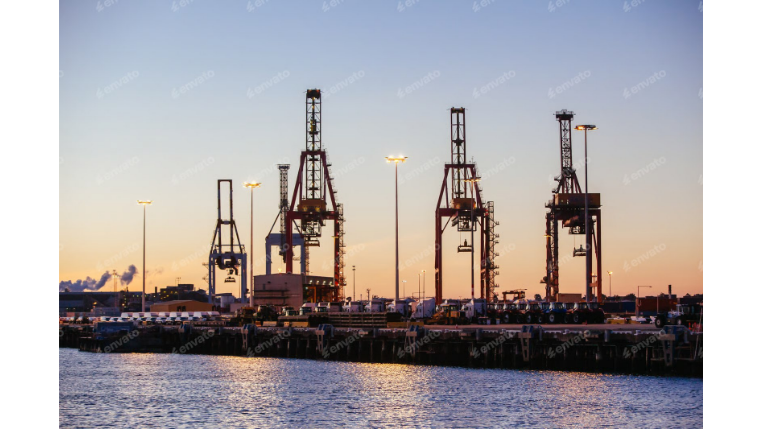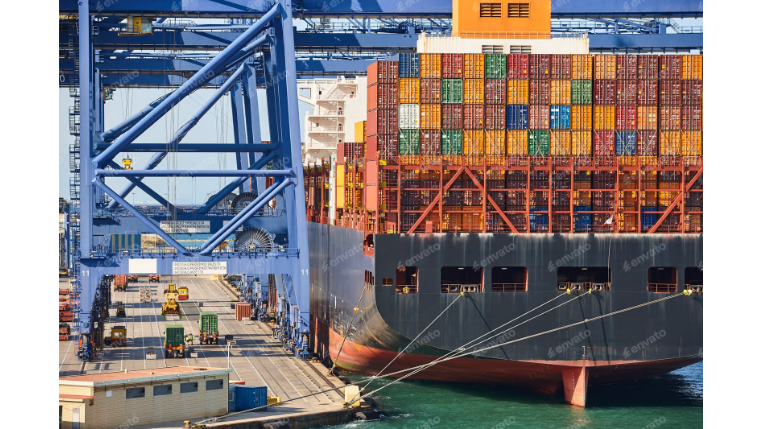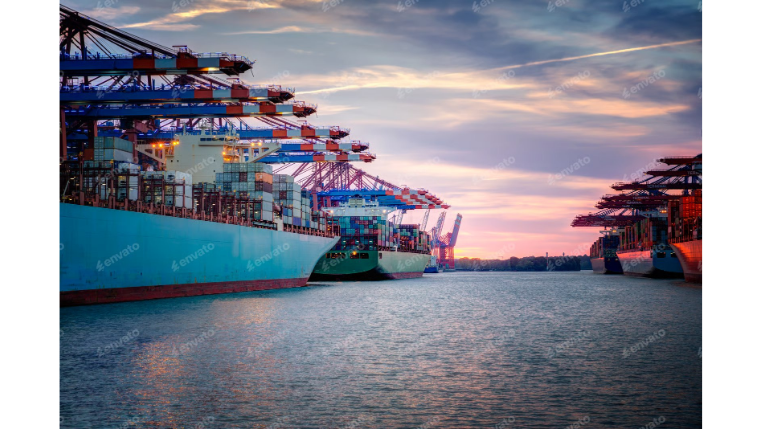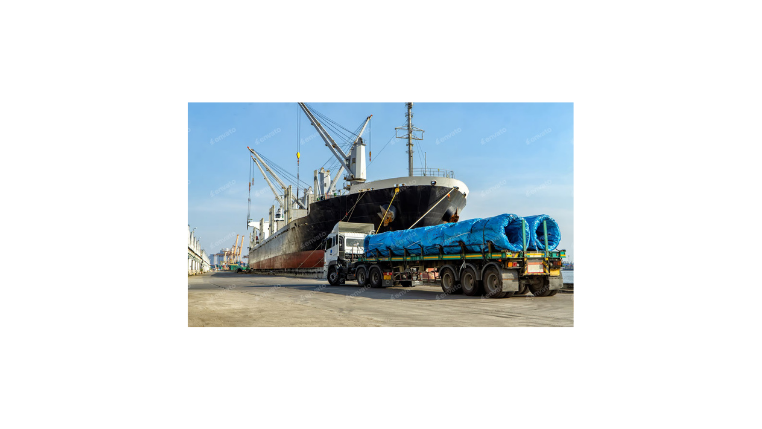Unlocking Efficiency: The Strategic Advantages of Working with a Freight Forwarder
In the complex world of global trade, managing the journey of goods from origin to destination is a monumental task. For many businesses, navigating customs regulations, negotiating with carriers, and handling endless paperwork can divert focus from core operations. This is where a freight forwarder becomes an indispensable partner. Acting as the architect of your logistics, they provide the expertise and network to streamline your entire shipping process. This article explores the key advantages of working with a freight forwarder, from saving time and money to enhancing overall supply chain resilience and customer satisfaction.
What Exactly Is a Freight Forwarder?
A freight forwarder is a company or individual that organizes shipments for businesses to get goods from a manufacturer or producer to a market, customer, or final point of distribution. They don't move the goods themselves but act as an intermediary between the shipper and various transportation services, such as ocean shipping lines, trucking companies, and air freight carriers.
Think of them as a travel agent for your cargo. They find the best route, carrier, and price for your shipment, and they handle all the logistics along the way, ensuring your goods arrive on time and in good condition. This provides a single point of contact for your entire shipping process, simplifying communication and coordination.
Expertise in Navigating Complex Regulations and Customs
One of the most significant challenges in international shipping is dealing with customs and trade regulations, which vary widely from country to country. A mistake in documentation can lead to significant delays, fines, and even seizure of your cargo.
Freight forwarders are experts in this domain. They manage all necessary documentation, including bills of lading, commercial invoices, and customs declarations, ensuring full compliance with import and export laws. Their expertise minimizes the risk of costly delays at the border, allowing your supply chain to flow smoothly and predictably. This service, often called customs brokerage, is a core value proposition of any reputable forwarder.
Cost Savings Through Established Networks and Negotiation
While hiring a service provider might seem like an added expense, working with a freight forwarder often leads to substantial cost savings. Here’s how:
- Negotiating Favorable Rates: Freight forwarders ship large volumes of cargo and have long-standing relationships with carriers. They leverage this position to negotiate better freight rates than a small or medium-sized business could achieve on its own.
- Shipment Consolidation: For smaller shipments (Less-than-Container Load or LCL), forwarders can consolidate your goods with those of other shippers into a single container. This allows you to share the cost of a full container, making transportation significantly more affordable.
- Optimized Routing: An experienced forwarder will identify the most cost-effective and efficient route for your shipment, balancing speed, cost, and reliability.
Streamlined Logistics and Enhanced Transportation Efficiency
Beyond cost savings, a freight forwarder’s primary role is to optimize your logistics operations. They coordinate every leg of the journey, from pickup at the factory to final delivery, ensuring seamless transitions between different modes of transport (e.g., truck to port to ship).
This end-to-end management prevents logistical bottlenecks and improves transit times. They handle booking cargo space, arranging for storage, and providing real-time tracking, giving you visibility and control without the day-to-day hassle. This efficiency translates directly into faster delivery times and improved customer satisfaction.
Proactive Risk Management and Problem-Solving
International shipping is filled with potential risks: port congestion, bad weather, carrier delays, and damaged goods. A freight forwarder acts as your first line of defense against these issues.
They help you secure the right cargo insurance to protect your investment. More importantly, when problems inevitably arise, they have the experience and network to solve them quickly. They manage exceptions and develop contingency plans, mitigating risks before they can escalate into costly disruptions for your business.
Conclusion
In conclusion, a freight forwarder is more than just a logistics provider; they are a strategic partner who can give your business a competitive edge. By handling the complexities of shipping, they save you valuable time and money, reduce risk, and enhance your overall supply chain performance. While a freight forwarder provides the critical human expertise and network, modern businesses can further amplify these benefits with the right technology. Using a comprehensive logistics platform like Modaltrans provides the real-time visibility and data management that empower both your team and your forwarding partner to make smarter, faster decisions.










